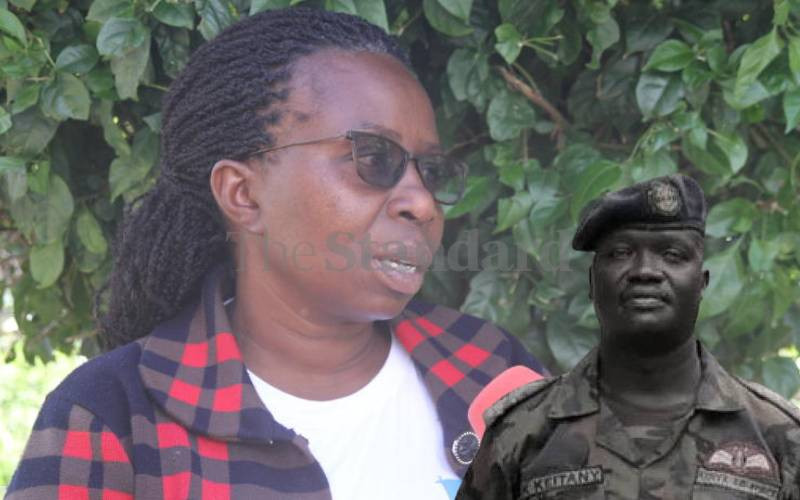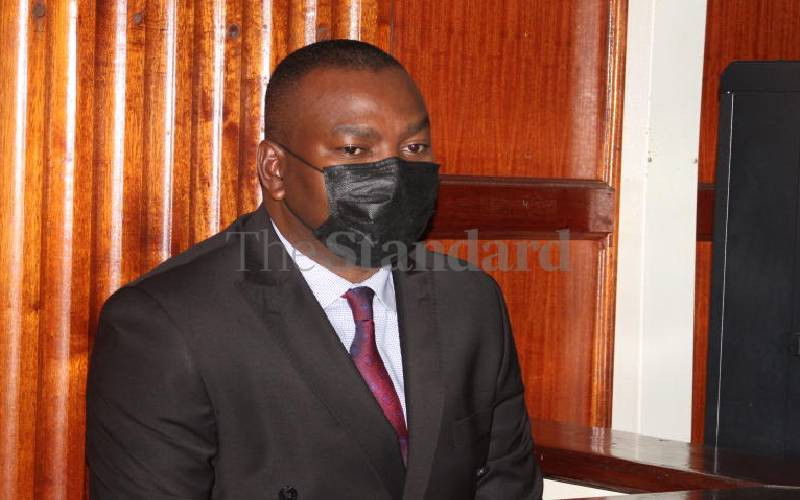According to Guttmacher Institute, a research and policy organisation that seeks to advance sexual and reproductive health and rights, Kenya recorded 469,690 cases of induced abortion in 2012.
This corresponded to induced abortion ratio of 30 abortions per 100 births in the same year. Abortion remains a highly stigmatised issue in the society. Even though the law permits abortion in some cases, many people still consider it illegal.
This perception has forced victims of unintended pregnancy, especially girls, to resort to dangerous methods of terminating such pregnancies. Such processes have led to related complications including infections due to use of sterilised instruments and worst of all, deaths.
Society links teenage pregnancy to immorality. It is no doubt young people are sexually active and if the required information and services are not provided, girls will be vulnerable to unprotected sex, which results in unintended pregnancy and contributes to unsafe abortions.
Harassment of those who have procured it is another factor. The attitude of health workers also plays a great role in preventing or encouraging unsafe abortion. Perceptions that girls should not be given information on sexuality, religious beliefs that sexuality information on abortion is immoral and judgemental attitudes by health workers, promote stigma among girls who have experienced abortion.
The Government has developed strategies to reduce teenage pregnancies that promote unsafe abortion. The Constitution permits abortion when the health of the mother is at risk. Intervention programmes must invest in training health workers on attitude change to improve service delivery and reduce abortion-related stigma. Provision of age-appropriate information and required services such as post-abortion care, pregnancy test and availability of contraceptives will also protect girls from unintended pregnancies.
Community must also be sensitised on the risks of abortion-related stigma. Such programmes must build the capacity of parents to openly discuss sexuality issues with adolescents and teenagers. In schools, sexuality education must provide adolescents with skills to protect themselves against unintended pregnancy and openly communicate sexuality issues with their peers. Education on the law and abortion will enlighten society on circumstances permitting abortion. The society must acknowledge that personal dignity is not a privilege but a right.
 The Standard Group Plc is a
multi-media organization with investments in media platforms spanning newspaper
print operations, television, radio broadcasting, digital and online services. The
Standard Group is recognized as a leading multi-media house in Kenya with a key
influence in matters of national and international interest.
The Standard Group Plc is a
multi-media organization with investments in media platforms spanning newspaper
print operations, television, radio broadcasting, digital and online services. The
Standard Group is recognized as a leading multi-media house in Kenya with a key
influence in matters of national and international interest.
 The Standard Group Plc is a
multi-media organization with investments in media platforms spanning newspaper
print operations, television, radio broadcasting, digital and online services. The
Standard Group is recognized as a leading multi-media house in Kenya with a key
influence in matters of national and international interest.
The Standard Group Plc is a
multi-media organization with investments in media platforms spanning newspaper
print operations, television, radio broadcasting, digital and online services. The
Standard Group is recognized as a leading multi-media house in Kenya with a key
influence in matters of national and international interest.






